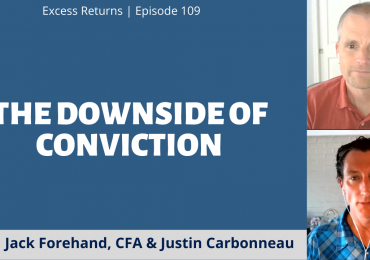“Active managers can produce persistent excess returns when it comes to their best ideas—but they only devote half of their capital to these investments,” according to a recent article in Institutional Investor that cites new CFA Institute research showing a resulting “shredding of the industry as investors have moved to passive index funds.”
Turing Technology Associates founder Alexey Panchekha, who oversaw the study, is quoted: “We have discovered a genetic defect in active management as an industry. That has caused 10 years of underperformance and, if it’s left untouched, the next 10 years will be the same.”
Using daily analysis of stock holdings in more than 100 actively managed U.S. equity mutual funds, the study examined manager conviction—the level of a manager’s commitment to a subgroup of stock picks in a portfolio—and found that high-conviction overweight positions outperformed benchmarks nearly 84 percent of the time while other stock picks generated negligible alpha.
“According to the study,” the article reports, “the best ideas averaged about 55 percent of the overall portfolio weight. The rest of the portfolio acted as anchor that diluted excess returns.” The findings defy “at least some long-held views that managers can improve performance throughout the entire stock selection and portfolio construction process.”
Panchekha suggests that one solution could be to diversify across managers rather than add positions that won’t add value, the article says, adding, “If a retirement plan or asset manager merged the best ideas of six to 12 portfolio managers, the end investor would get the necessary diversification without the drag of positions that no one has faith in.”
The study concluded with a sports analogy: “This is the equivalent of an NFL football team voluntarily taking their superstar quarterback out of the game after the first half. It is safe to say, that is not a winning strategy.”








